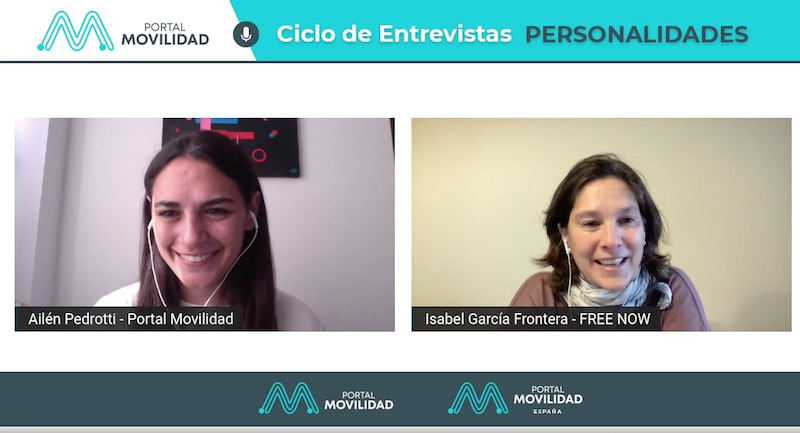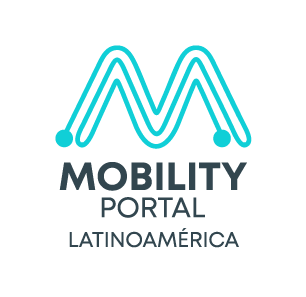Looking ahead to 2022 as a key year, where the bet is on continuing to electrify its fleets and expand into new territories, Free Now highlights the work done by Seville and Malaga in terms of regulation.
During a new chapter of the Personalities series, organised by Portal Movilidad España, the company’s General Manager, Isabel García Frontera, explains why these models are so successful.
«The smaller cities are the ones that are taking a more orderly step towards shared mobility, perhaps because they have received less interest from the beginning», she points out.
Recently, both local administrations have launched their tenders hand in hand with the managers, allowing each to have a sufficient number to actually meet their business objectives.
This allows not only high profitability, but also the permanence of the companies on site, according to the director, who already has four years of experience in the sector.
They also see the strong requirement for vehicle management as «an advantage and not a problem».
«In cases such as Madrid, technology and operators came before regulation, so that the wide offer became a nuisance for citizens,» he says.
This raises the question of what is the most effective regulatory model.
How to work with so many actors?
«You can’t bet on a monopoly, because at the end of the day, competition is good,» says Isabel García.
One reality affecting Spanish cities is that the number of shared mobility operators is doubling every day.
This means that administrations have to decide how many will obtain the necessary authorisations to deploy their services.
In view of this, Free Now takes into account that variety makes it possible to opt for better services, different prices and offers users the possibility of choosing the option that best suits their needs.
In this sense, the executive says: «You need a critical volume of units that allows the service provider to be profitable in that city».
In Valencia, reductions in available electric scooters have been encountered, which ended up reducing the profitability of the product and with very different results to those originally agreed upon.
Commitment to electrification
The company is committed to ensuring that by 2030, 100% of its journeys will be made with zero-emission vehicles.
«2030 is just around the corner and we have to push to keep pushing for this electrification, which in Spain is lagging behind the rest of Europe», says Isabel García Frontera.
In 2021 they started with the technological transition within taxis and during this year the work will continue in the same way that has already been seen.
On the other hand, they hope to continue with the expansion of their fleets with the help of local and foreign sustainable mobility operators.
Last year, seven partnerships with large companies have been established, and by 2022 they hope to add ten new ones at European level.
Competitiveness within Free Now
The company has been offering its services in Spain for ten years now and continues to see how the bulk of the demand is for taxis.
Despite this, habits and ways of getting around are changing, which has led to users themselves requesting more options.
Faced with this variety, the problem of the large number of applications that had to be used to make a journey has arisen. This is where Free Now comes in with its «super app».
Today they provide a multimodality service that integrates taxis with zero and low emission labels, scooters, bicycles and electric motorbikes, as well as shared vehicles.





















